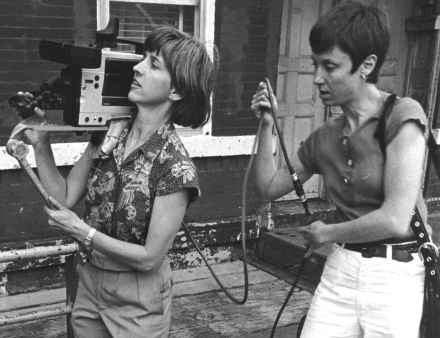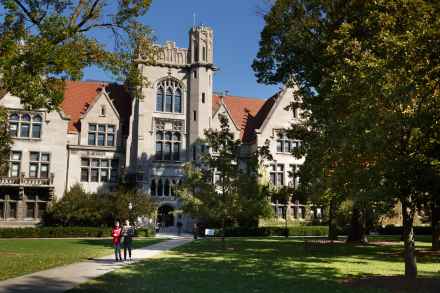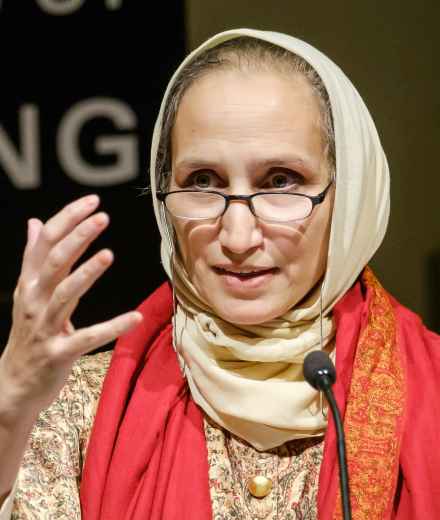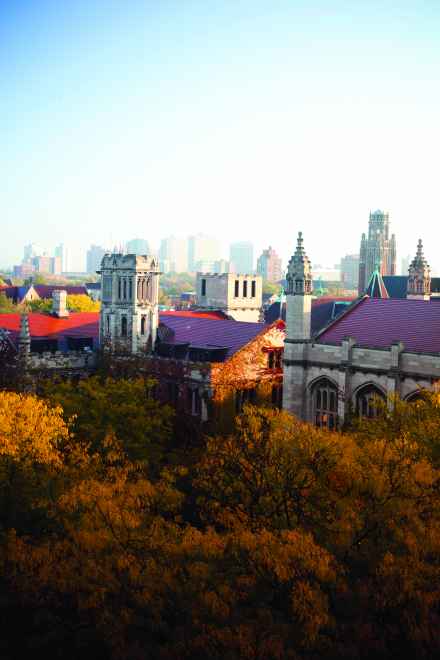The Hidden History of 'Guerrilla Television': UChicago Scholars Preserve Decades-Old Videos
Decades before cellphone video changed how we create and consume media, the advent of low-cost, portable video cameras did something similar for underrepresented communities across the United States—allowing them to experiment with new forms of documentary, art and activism.
Known as “guerrilla television,” this movement of the late 1960s to 1970s helped amplify the voices of groups such as women, Black, Indigenous and people of color, immigrants and Appalachian miners.
Now, a consortium of University of Chicago scholars, librarians, and partnering archivists and filmmakers will create the Guerrilla Television Network—preserving and presenting the history of guerrilla television to a much wider audience. Supported by a grant of nearly $500,000 from the Council on Library and Information Resources, the three-year project will digitize 1,015 videotapes produced from 1967 to 1979.



